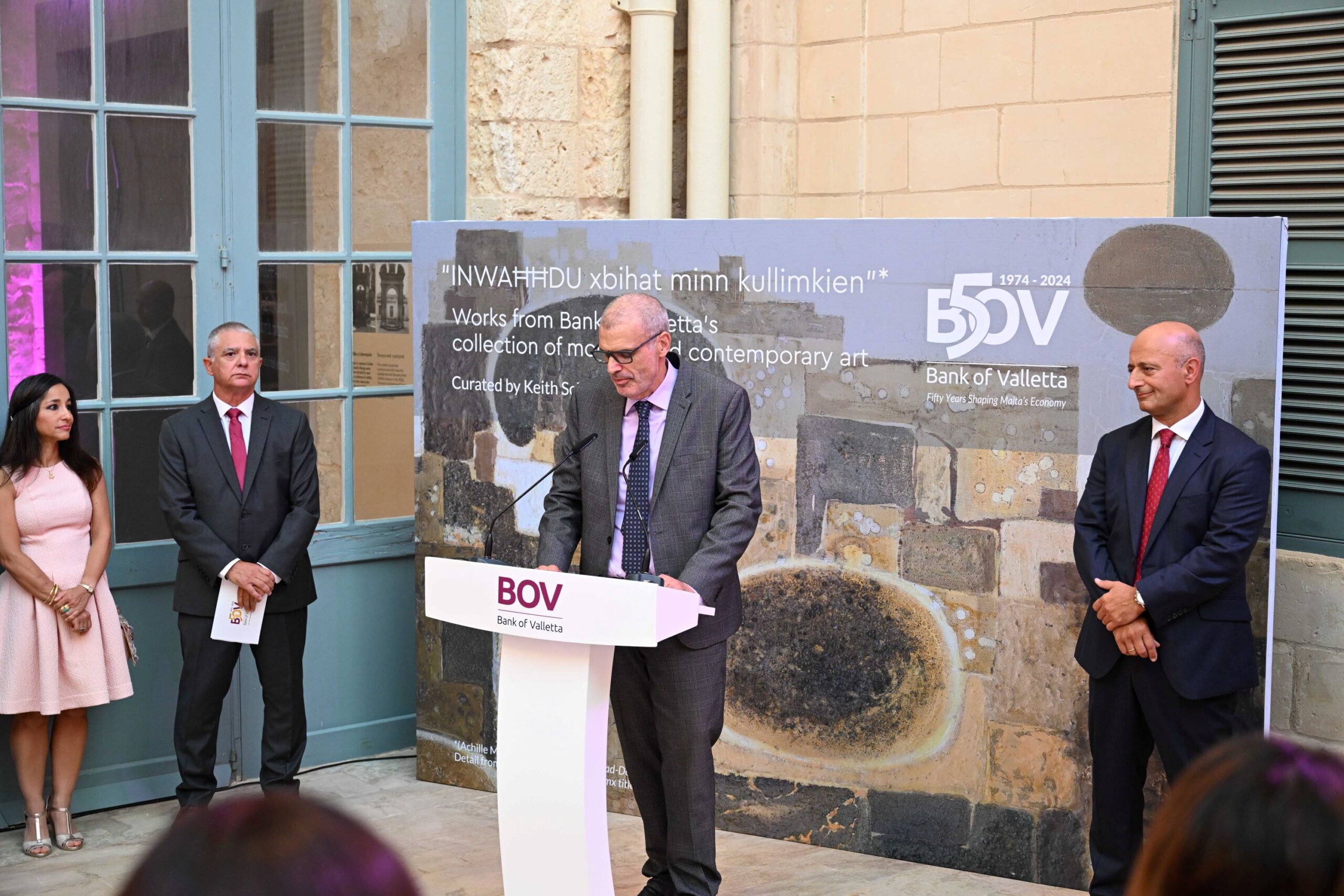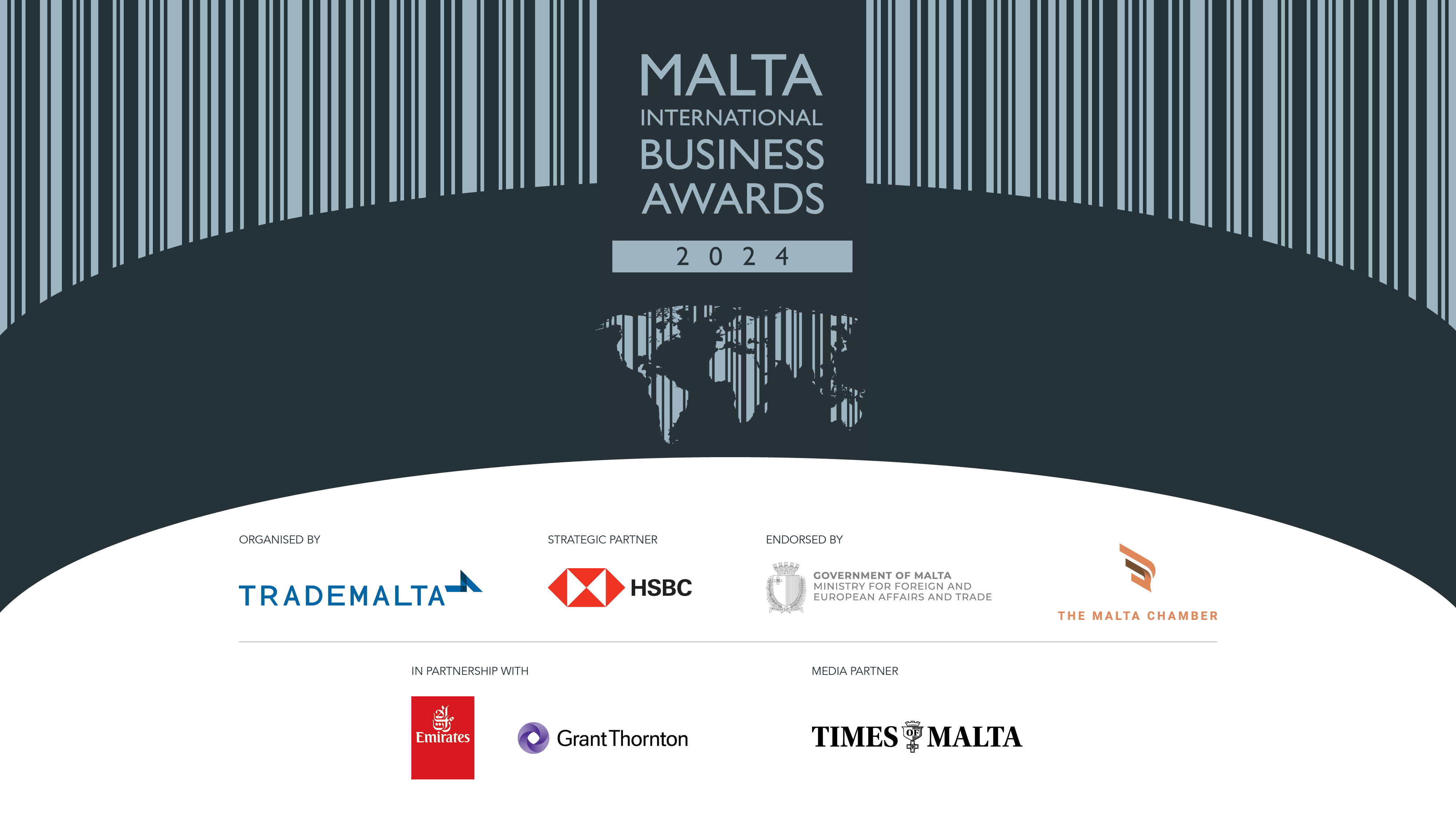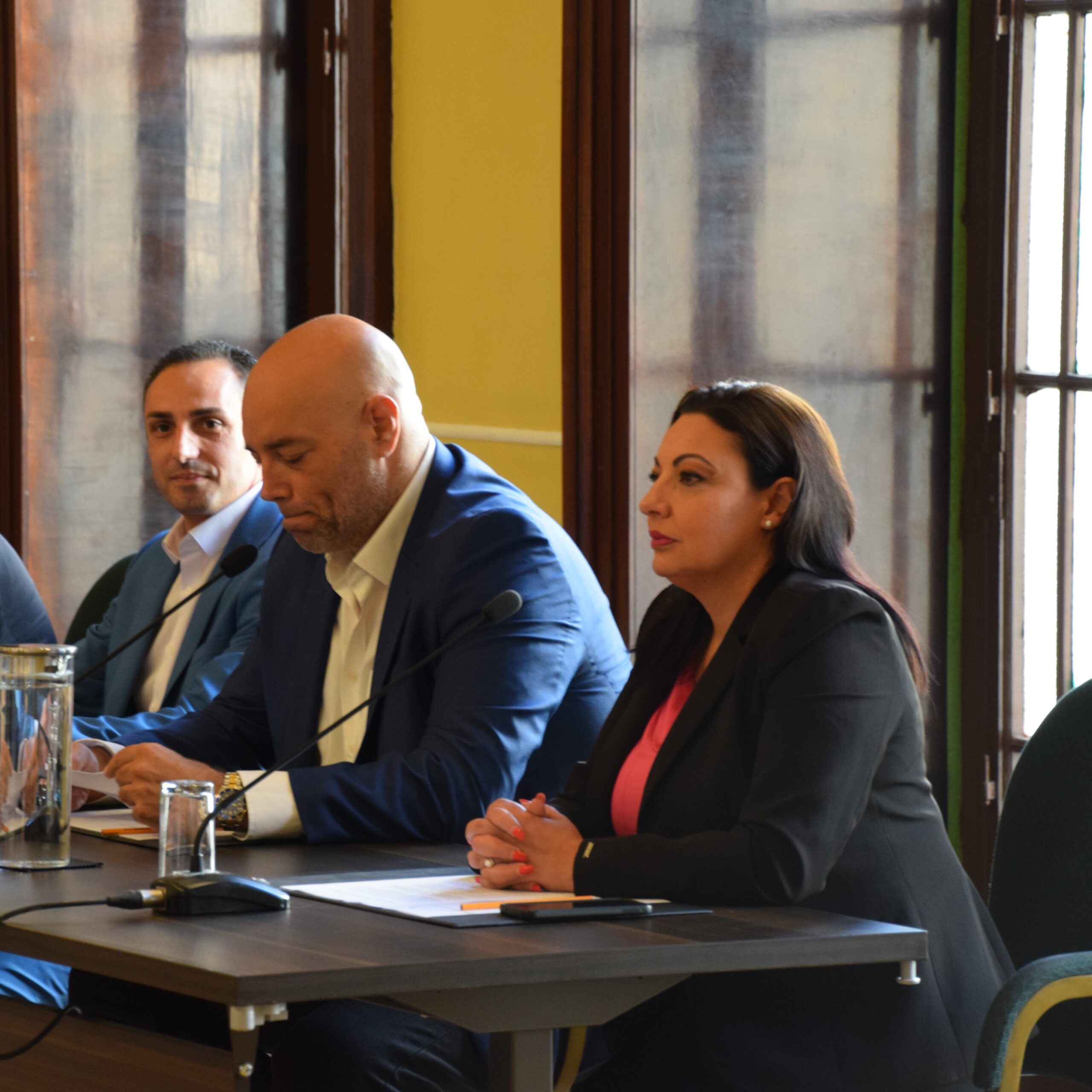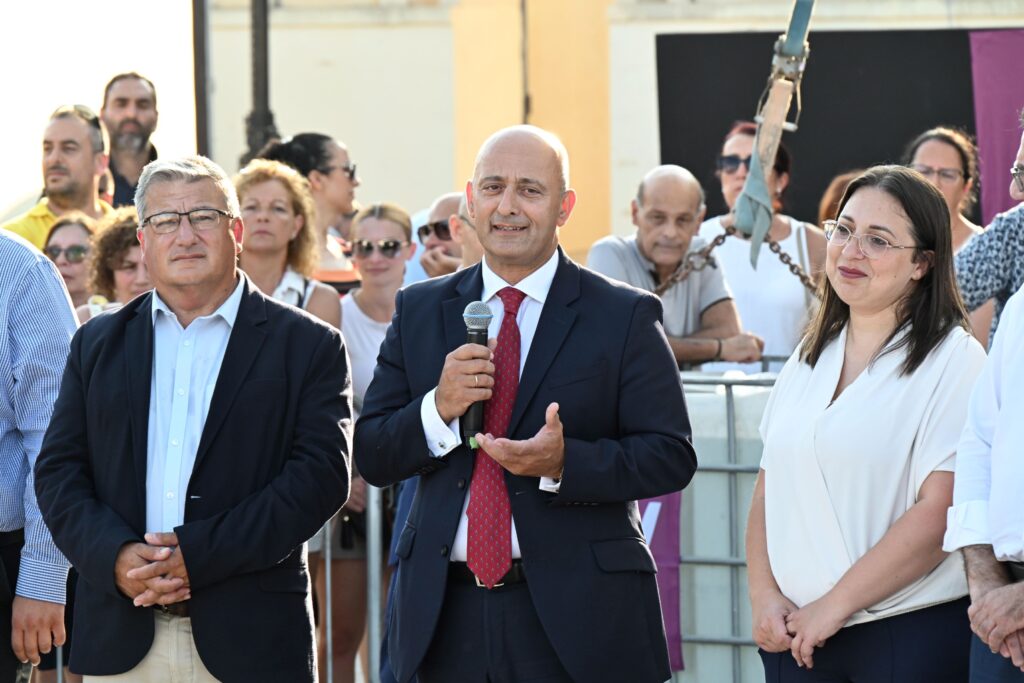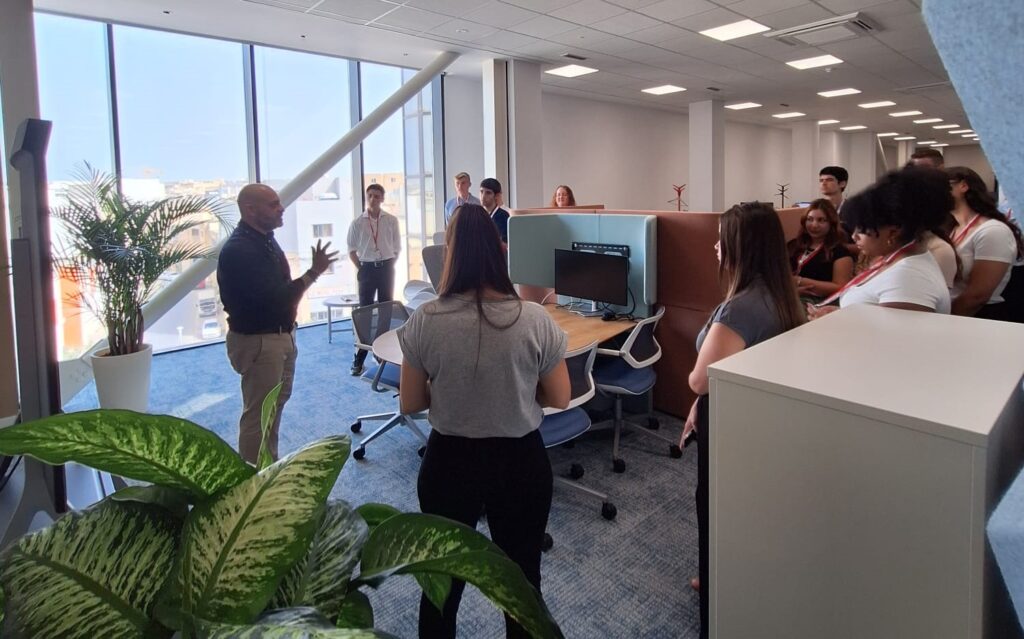HSBC Bank Malta reported record half year profits reflecting revenue growth, investment in people and technology as well as strong credit quality of the loan book. A record profit performance of €78.6m in the first half of the year has enabled us to continue the trend of rewarding our shareholders with the highest interim dividend over the last 10 years. The Directors are recommending a gross interim dividend of 10 cents per share.
Financial performance
- Profit before tax increased by €19.3m to €78.6m, mainly driven by an increase in revenue due to the higher interest rate environment and higher credit recovery which was partially offset by higher costs as the bank continued to invest.
- Revenue increased by €21.5m or 20% driven by rising interest rates and a 34% increase in trading income. Progress was also reported in net fee income and income from the insurance subsidiary.
- A release of €7.0m was reported on expected credit losses (‘ECL’) in view of curing of non-performing loans and releases of overlays held by the bank in relation to inflationary pressures.
- Costs are €6.6m higher than the same period in 2023. This increase was largely driven by the investment in people, technology as well as the new headquarters in Qormi, ‘HSBC Hub’.
- During the first six months, loans to customers and deposits were slightly lower than those reported at 31 December 2023.
- Profit attributable to shareholders of €50.7m for the six months ended 30 June 2024 resulted in earnings per share of 14.1 cents which compared favourably with 10.7 cents in the same period in 2023.
- An interim gross dividend of 10 cents per share is being recommended.
- Return on equity of 18.3% for the six months ended 30 June 2024 compared favourably with 16.2% for the same period in 2023.
- Cost efficiency ratio (‘CER’) improved to 43.9% from 46.6% in the same period last year as the increase in revenue outweighed the increase in costs.
- The bank maintained a strong liquidity and capital position as at 30 June 2024, with a Liquidity Coverage Ratio of 552% and Tier 1 Capital of 21.1%.
Financial performance
Profit before tax for the six months ended 30 June 2024 was €78.6m, an increase of €19.3m from the same period in 2023. Higher profits reflect an improvement in all revenue lines as well as a higher recovery of expected credit losses (‘ECL’). These positive variances were partially offset by higher costs as the bank continued to invest.
Net interest income (‘NII’) increased by €17.0m to €106.6m compared with €89.7m in the same period in 2023. The increase in NII was driven by the higher interest environment as the average interest rates in H1 2024 were higher than those prevailing in H1 2023.
Non-funds income (fees and commissions and trading income) increased by €1.3m reflecting a rise in both trading and new fee income. Trading income increased by 34% compared to the same period last year driven by higher foreign exchange income generated from the strong relationship with corporate customers.
Operating expenses increased by €6.6m to €56.1m, compared with €49.5m in the same period in 2023. While there were several contributors to the movement in operating expenses, the most material drivers were increases in staff costs, IT expenses and real estate costs as the bank continues to invest in its people, technology, and new headquarters in Qormi. Releases in litigation provisions reported in H1 2024 were roughly of the same value to a refund from insurance in relation to operational losses reported in 2023.
During the six months, there was a release of ECL of €7.0m, compared to a release of €2.6m reported in the same period last year. Both the retail and corporate business lines contributed to the release. The release in the corporate business line was mainly a result of amounts recovered from non-performing loans and an improvement in the credit quality. On the other hand, the release in the retail business was mainly driven by a release of provisions held for inflationary pressures which did not materialise.
HSBC Life Assurance (Malta) Ltd reported a profit of €4.5m compared to €1.6m reported in the same period last year. The increase in profits is a result of an improvement in the composition and volume of new business together with yield curve and positive movements on the financial securities’ prices.
The effective tax rate was 35% in both periods. This translated into an interim tax expense of €27.9m.
Financial Position and Capital
Net loans and advances to customers amounted to €2,981m, a decrease of €103m or 3% when compared to 31 December 2023. The bank continued to improve asset quality by reducing non-performing loans by 28% while retaining a prudent credit policy to ensure long term sustainability of its service proposition.
The bank’s investment portfolio increased by €394m to €1,710m as the bank invested in longer tenure assets to strategically hedge against future movements in interest rates. The investment portfolio is composed of highly rated securities and continues to be conservatively positioned with the lowest investment grade of A-.
Customer accounts were €6,058m as at 30 June 2024, a decrease of €83m or 1.4% compared to 31 December 2023. The bank had a satisfactory advances-to-deposits ratio of 49%, and its liquidity ratios were well in excess of regulatory requirements.
The bank continued to strengthen its capital ratios and is fully compliant with the regulatory capital requirements. The bank’s common equity tier 1 capital was 21.1% as at 30 June 2024, compared to 20.6% at the end of 2023. The total capital ratio increased to 24.1% compared to 23.5% as at 31 December 2023.
The bank continued its trend in rewarding its shareholders with the highest interim dividend over the last 10 years. The Board has thus recommended an interim gross dividend of 10 cents per share which amounts to a gross dividend of €36.0m. The interim dividend will be paid on 17 September 2024 to shareholders who are on the bank’s register of shareholders on 16 August 2024.
Geoffrey Fichte, the Chief Executive Officer of HSBC Malta, said:
“HSBC is celebrating 25 years in Malta. Our results for the first half of the year reflect the strong relationship with customers built over these years as part of Malta’s economic transformation, as well as the continued success of our turn-around strategy announced early last year. We’re growing revenue across all of our businesses and continue to invest for the long term. HSBC’s robust management of risk and focus on high-quality and long-term customer relationships continues to deliver results.
“This year we signed an ambitious and ground-breaking three-year collective agreement to energise our talent on customer service excellence. We inaugurated our new headquarters, HSBC Hub, in Qormi, a €30m investment in the future of work. We accelerated investments in technology, sustainability and new ATMs to support customers.
“We thank our customers and shareholders for their support and are recommending a gross interim dividend of 10 cents per share which is the highest dividend over the last 10 years. Our capital and liquidity remain strong, and we continue to pursue growth opportunities in Malta.”



